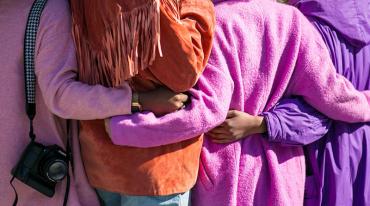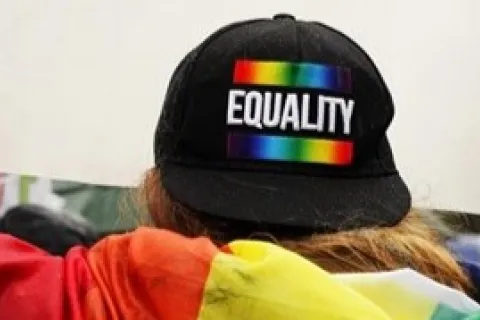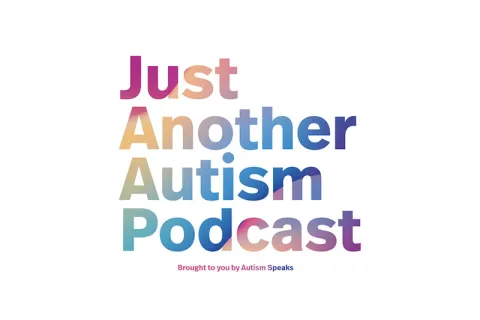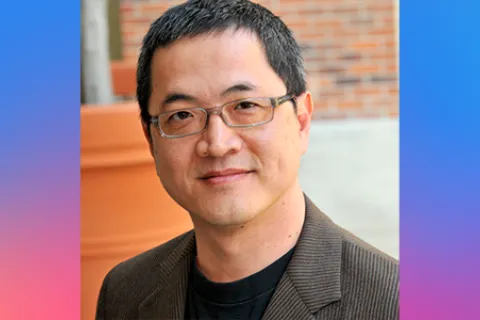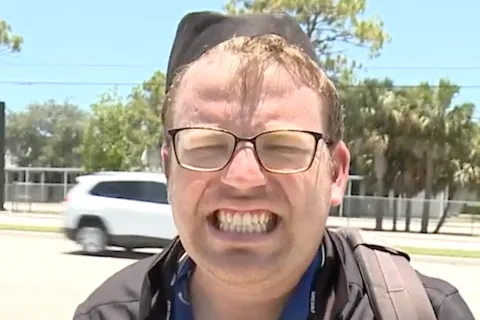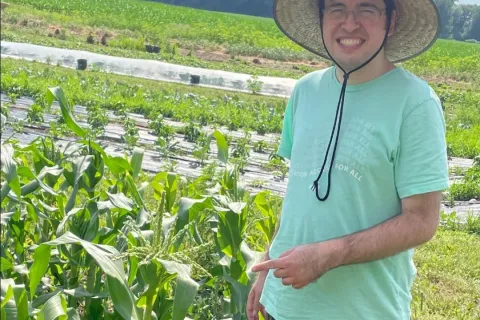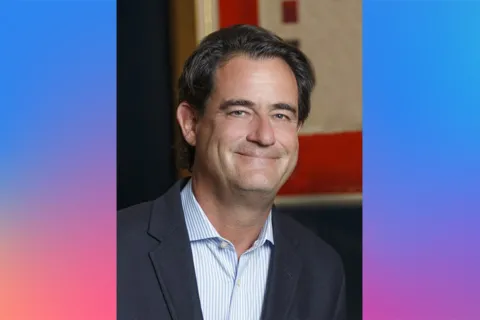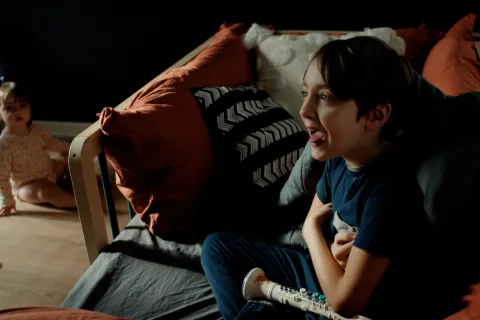Meet Marlene C.
Marlene C.
I always wanted to help others and be a part of something much larger than myself.
When Marlene's parents immigrated from Mexico over 35 years ago, they opened the door for their daughter to pursue her dreams. Now, Marlene is a first-generation college graduate working as a licensed clinical social worker at UCI Health’s Center for Autism, a member site of the Autism Speaks-supported Autism Care Network.
But while her life is much different than that of her parents, Marlene has never forgotten her roots. Marlene’s work is dedicated to helping Hispanic families in Southern California overcome barriers in accessing quality autism care and services. She has followed her passion for helping low-income families into a career educating Hispanic parents about autism and advocating for the needs of children, teens and young adults on the spectrum.
In this Q&A, learn more about Marlene’s career journey and work supporting Hispanic families in California.
Can you tell me about your work at the UCI Center for Autism?
I do a lot of case management and family navigation here at the UCI Center for Autism in Santa Ana, Calif. I primarily work with the Spanish-speaking community and low-income families who have children with special needs, such as autism, intellectual disability and ADHD. What led me down the path of social work has always been to listen and help others. I always wanted to help others and be a part of something much larger than myself.
In working with low-income families, there are lots of barriers and obstacles to overcome when it comes to accessing treatment. For example, language barriers, transportation issues, following through with appointments, housing issues and fear of applying for government benefits due to immigration status. Sometimes, there's a family of five people living in one room with a severely impaired child who needs some form of treatment or Applied Behavior Analysis (ABA) therapy, and the family has a hard time obtaining that treatment because of their living situation.
And so, my goal and my role for the past six years has been to really listen to families, hear their concerns and help them overcome those obstacles and get access to interventions for their children, as well as support for the entire family. It can be taboo in the Hispanic culture to receive mental health therapy, so I work to educate families on the value of this type of support, help provide it for them and share other ways I can help them. I also advocate for the children who are not getting the supports they need and empower parents to advocate for their children.
How do you educate the Hispanic community about autism?
A big part of my role here is providing workshops in Spanish to families and connecting them with other people in the community, like professionals and other experienced families. Our workshops typically go from 30 to 100 people, and that's something I'm very passionate about.
Before the pandemic, we hosted these workshops in person. We would invite 30 families, provide a meal and provide childcare. And we would have Latino Hispanic days, where a Hispanic doctor would talk about autism. It was a beautiful event where we saw the whole family come together. We really created a judgment-free zone here at the Center for Autism.
Since 2020, we moved to teaching these workshops remotely on Zoom. The remote workshops have helped us connect with so many families who have children with autism across the United States and in other countries like Mexico, Argentina and Brazil.
Right now, I have a six-month series going on about transition where every month, we discuss a different topic, like conservatorship, alternatives to conservatorship, transition in school, Social Security, Medi-Cal and more. We have classes all about ABA to encourage families to learn more. We also have a Latino Family Advisory Committee that does workshops about safety, advocating for your child and mental health.
On September 10, we are hosting our second annual conference. We have a psychologist who's coming in and talking about the difference between autism and ADHD. We’re going to have a school psychologist talk about tips on accessing special education and what to do when your child is not getting what they need. We’re going to have our Latino Family Advisory Committee do a presentation on how attending all of these parent workshops has helped them and their family.
How does your culture impact your approach to social work?
Having parents who grew up in Mexico and being very connected to my culture through my immediate and extended family has really helped me connect with the community, understand them and empower them. It has also helped me be mindful of the culture and how that should always be considered. Hearing their concerns and some of the barriers that keep them from accessing treatment helps me improve the communication between providers and the families that we serve here at the Center for Autism.
I’ve learned so much about autism from the community and all the professional medical and clinical staff who work at our clinic. I'm surrounded by amazing professionals, and I really value the first-hand experience I’ve had listening to families and really spending time to get to know them and connect with the community. I feel so grateful to have had that trust and privilege, knowing that the community really values the information and the workshops that we create.
Related resources:
- Access Autism Speaks resources in Spanish
- Learn about the work being done at UCI Health’s Center for Autism
- See the full list of classes and events being offered by the Center for Autism in English and Spanish

